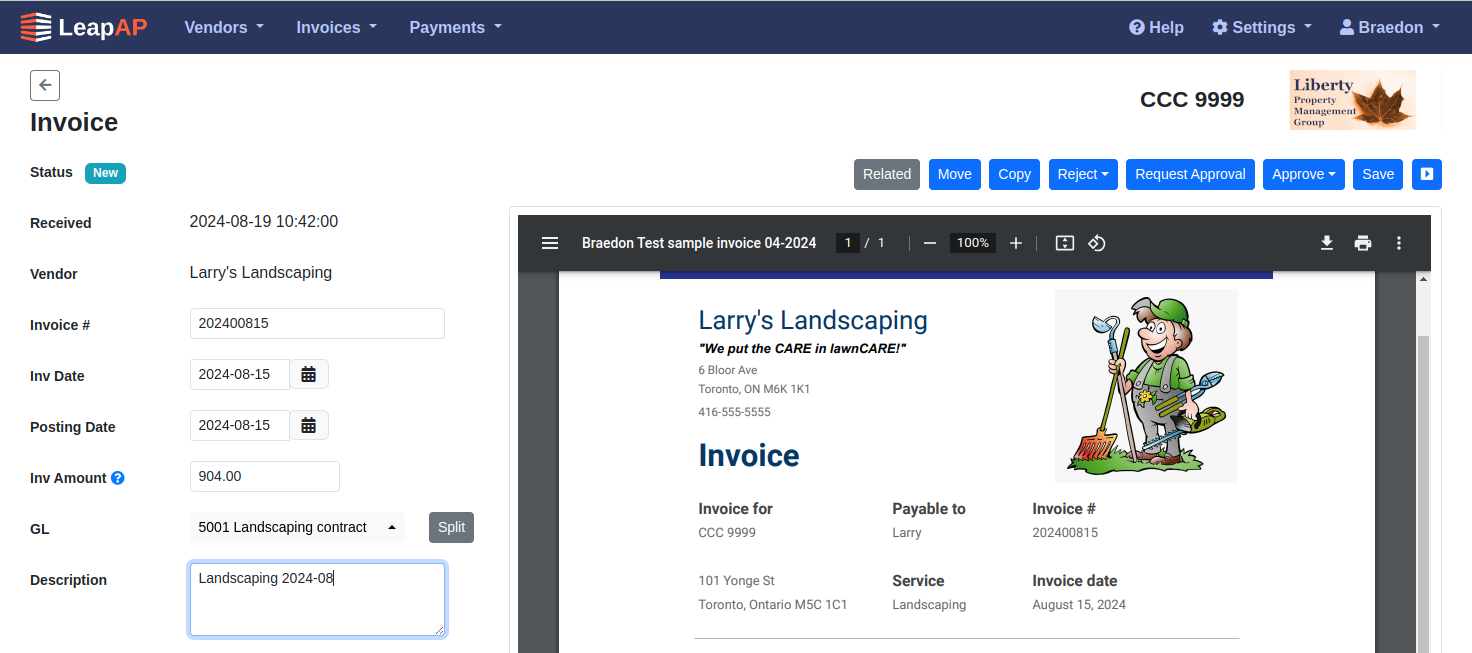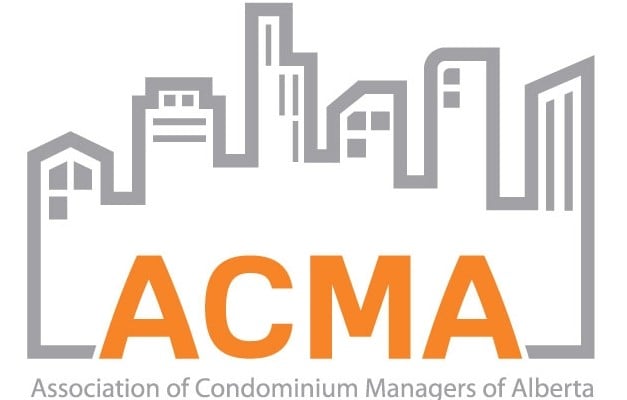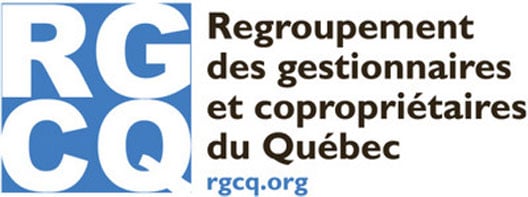Being a property manager is a tough job. Managing a large number of residents can often time become quite hectic. Mitigating conflicts and issues is one of the primary functions of a property manager. However, even the best property managers will often times be encountered with a situation where where are residents that break the rules, whether by accidence or on purpose. When that happens, what are the options that a property manager or a condo board has? How do we communicate violations to the resident? Is there a specific process that must be followed when such incidents occur?
In this post, we explore the steps to take by a property manager and/or a board member to communicate and address a rules violations by a resident.
What is a Violation of Rules?
Violation of rules will happen at some point in a condo community. How often those occur largely depends on how well it is managed by the property manager. But what exactly is considered a violation of the rules? Generally, most rules violations go against what is laid out in the condo's by-laws and regulations. Good examples of these are parking in unauthorized areas, noise disturbance, Airbnb (in some cases) and misplacing of garbage.
The best way to address those kinds of situations is to approach the residents in a low impact kind of way. Perhaps a phone call, a quick note or letting them know in-person when passing by in a courteous manner can often diffuse the situation.
If the above does not work, then the next course of action would be to issue an official warning letter, sometimes referred to as a Notice of Violation.

The Notice of Violation
The Notice of Violations letter essentially communicates to the owner/tenant of the particular violation committed and also outlines the steps required to rectify the issue. While the consequences of not abiding by the letter is firm, it would be best to avoid an overly serious tone in the letter. The goal here is to have the situation be resolved with a little friction and tension as possible. We need to be reminded that the goal is to maintain a harmonious community.
Contents of the Notice of Violation
What goes into the Notice of Violation is not all that complicated. Essentially, the following are what should be included:
- Make sure to address it to the right person and the correct unit number. If it is not addressed to the correct person and/or unit, the violation can easily get lost or be ignored.
- In as much detail as possible, provide an account of how, when and where the violation occurred. The more detailed this is, the better it will be.
- Point out the specific provision in the rules and regulations that were violated. In a lot of cases, residents may not even be aware that certain actions or omissions were even a violation. This can even be educational to them.
- Include a timeline of when the violation needs to be remedied if there is any remedy possible. This needs to be made ultra clear.
- Send the letter to the offending party. This can be done by mail or by other means as allowed in the rules and regulations.
Frequency of the Notice
Ideally, the owner would respond either before a letter is event sent or after the first letter. However, this is often not the case. In certain cases, there needs to be a second and even third letter sent before a firm action would be taken with the owner and the issue.
The second and third letter would detail clearly the consequences of non-action. The last letter would further outline that the consequence involves legal action or referring the matter to a collections agency when such is required.
Tone of Notice
The tone of the letter is so important that it in fact deserves its own section in this post. As mentioned above, for various reasons, it is important to maintain a courteous and harmonious community. The type of language used in the letters should try to stay professional and light as much as possible. Yes, even in the last letter if possible.
If you would like to further understand how a Notice of Violation should be written and sent, please feel free to reach out to us. This can be a delicate matter so proceeding with caution would be highly advised.













